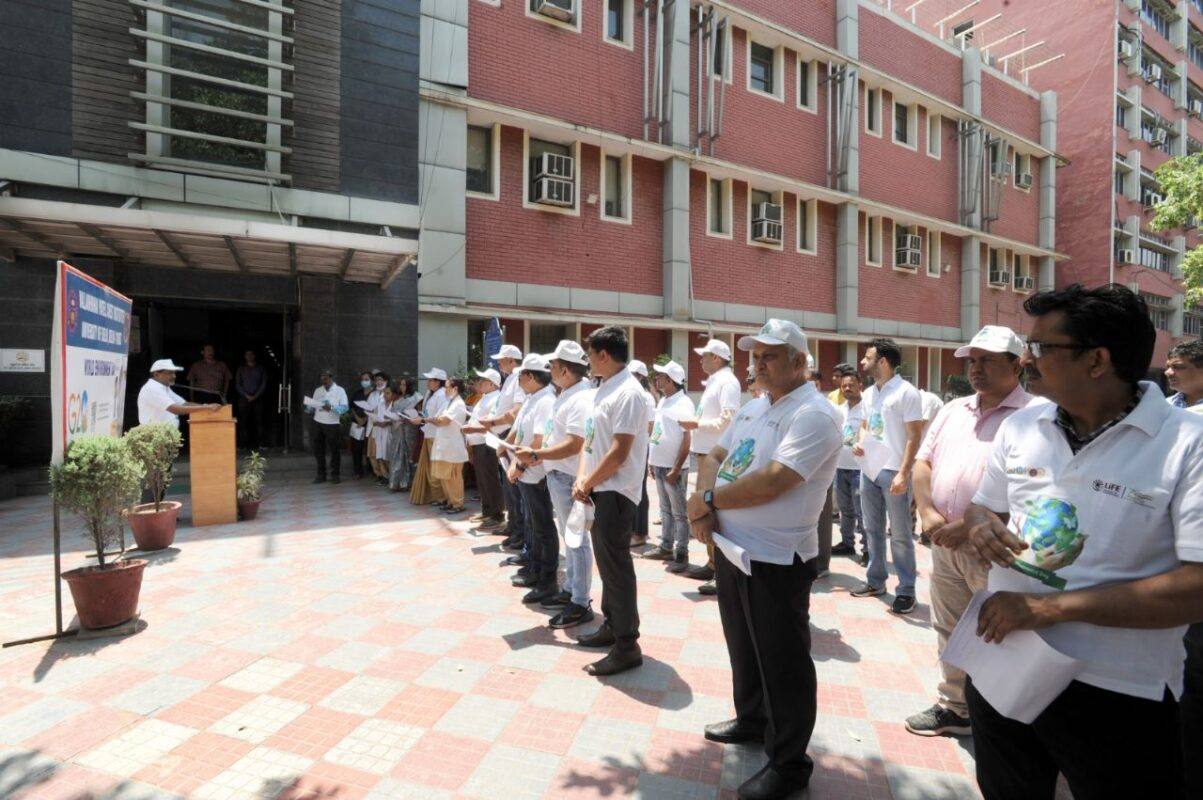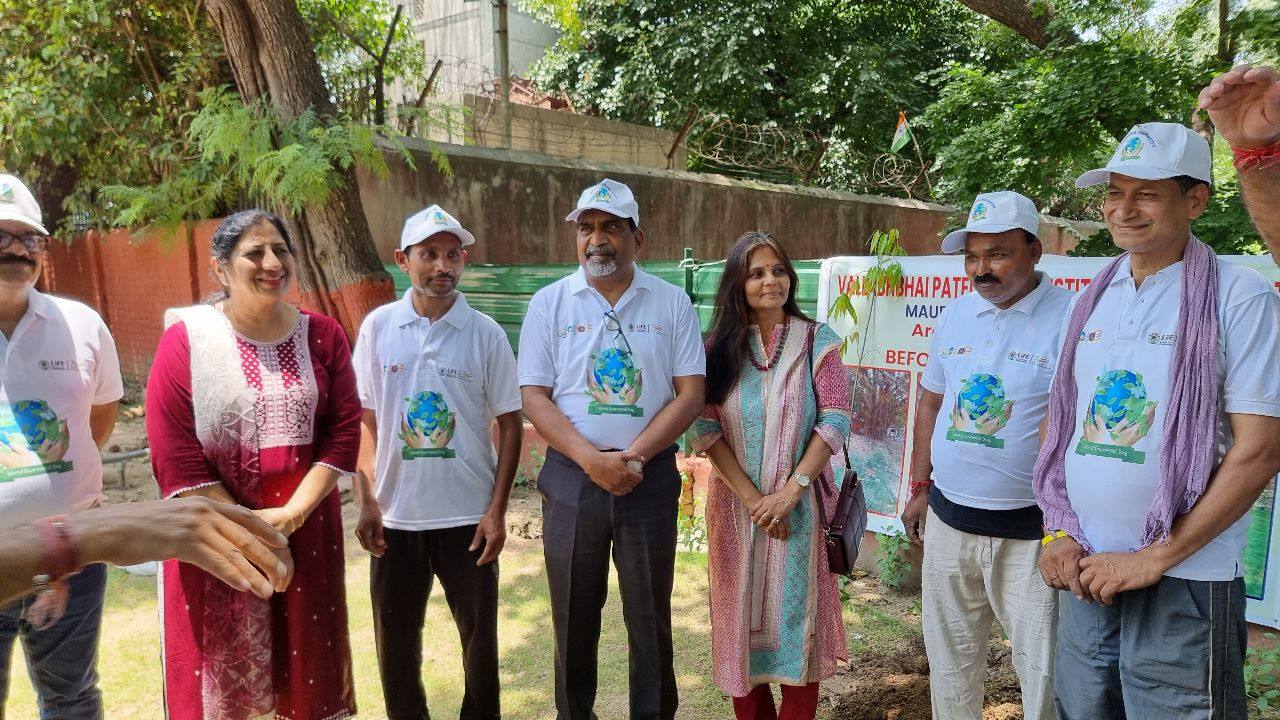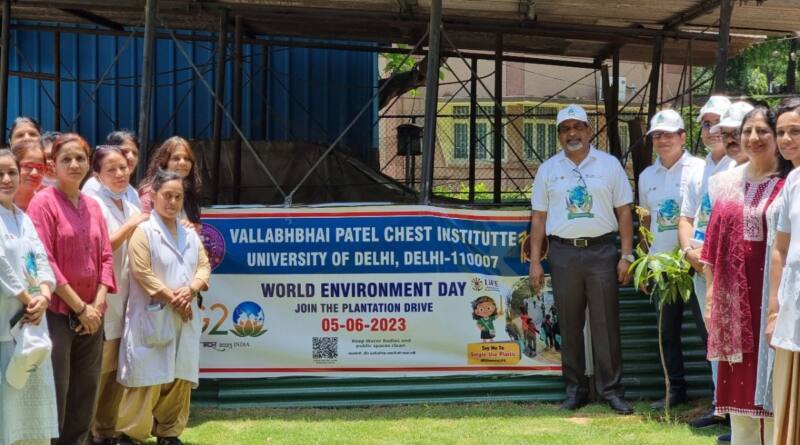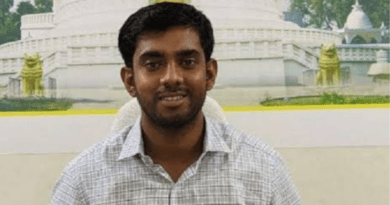The Vallabhbhai Patel Chest Institute commemorates World Environment Day with a plastic pollution awareness drive and tree plantation.
The Vallabhbhai Patel Chest Institute, a renowned postgraduate medical institution specialising in chest diseases research, education, and patient care, marked the occasion of World Environment Day by launching a noteworthy campaign to raise awareness about plastic pollution. Situated in the heart of the University of Delhi campus, the institute benefits from an ideal educational environment, facilitating its crucial role in providing relief to a significant number of community members grappling with chest ailments. Its exceptional contributions have earned the Vallabhbhai Patel Chest Institute a prominent position in the field of chest medicine.

In a meaningful gesture, Dr. Rajkumar, the director of the institute, along with the entire staff, took a solemn pledge to dedicate their lives to environmental preservation and inspire their families and friends to do the same. Embarking on a walking tour across the university, Dr. Rajkumar spread the message far and wide while also participating in tree plantation drives at multiple locations.
Renowned for its groundbreaking research in respiratory diseases, the Vallabhbhai Patel Chest Institute recognises the critical relationship between respiratory health and pollution. Dr. Rajkumar, the esteemed director of the institute, has conducted extensive research in this domain. Shedding light on the issue, Dr. Rajkumar emphasised, “People often burn household waste, including paper and plastic, unaware that it releases toxic gases such as dioxins, furans, mercury, and polychlorinated biphenyls (PCBs) into the atmosphere. These pollutants pose a grave threat to the well-being of plants, humans, and animals.”
Burning plastic also emits black carbon (soot), contributing to climate change and air pollution. A study reveals that burning plastic waste escalates the risk of heart disease, exacerbates respiratory conditions like asthma and emphysema, and causes skin rashes, nausea, headaches, and nervous system damage. Today, the institute spearheaded an enlightening campaign to combat plastic pollution. Dr. Rajkumar not only educated the public about the harmful impacts of plastic but also led by example by collecting plastic waste and delivering a resounding message: people must acknowledge the dangers associated with plastic and discard it entirely. The government’s cooperation in implementing a comprehensive ban on plastic is crucial. The collective efforts by governments and business entities to address plastic pollution are commendable, and as a medical professional, I am confident that these endeavours will yield positive outcomes in the future. The time has come for us to unite, transcend personal gains and losses, and work tirelessly towards defeating plastic pollution so that we can gift future generations an environment free from contamination.





